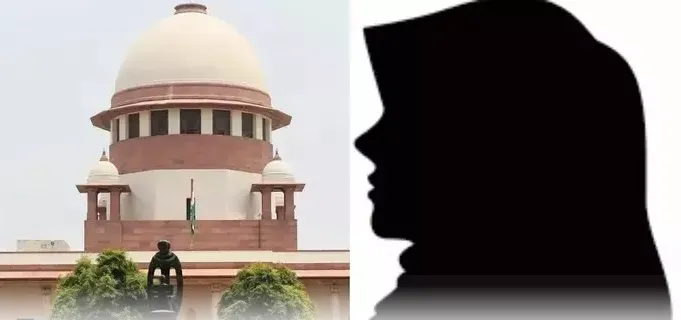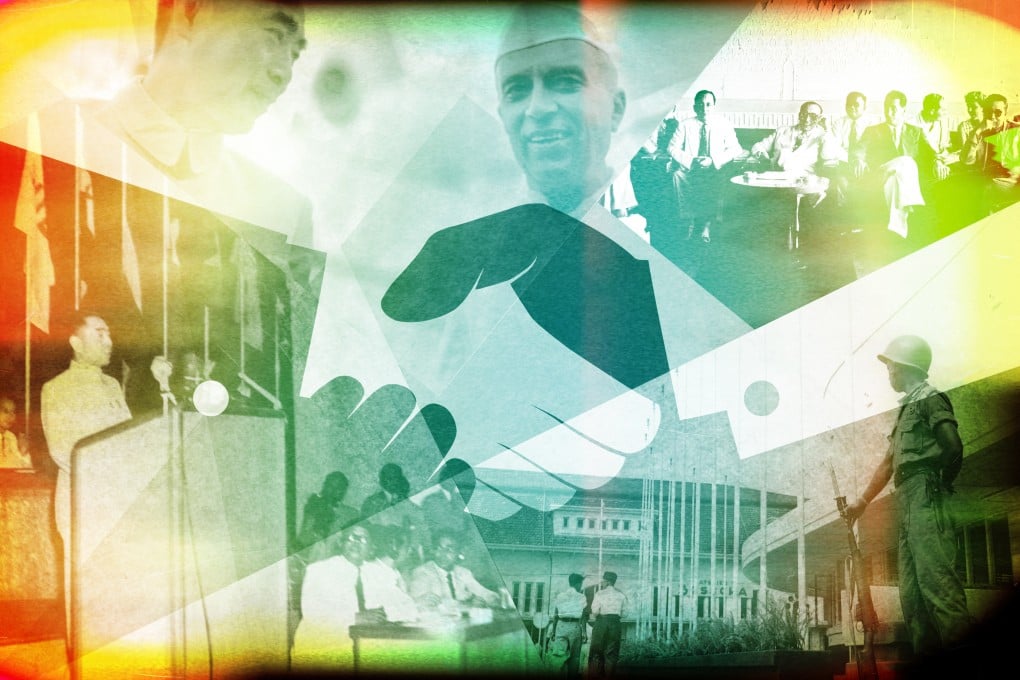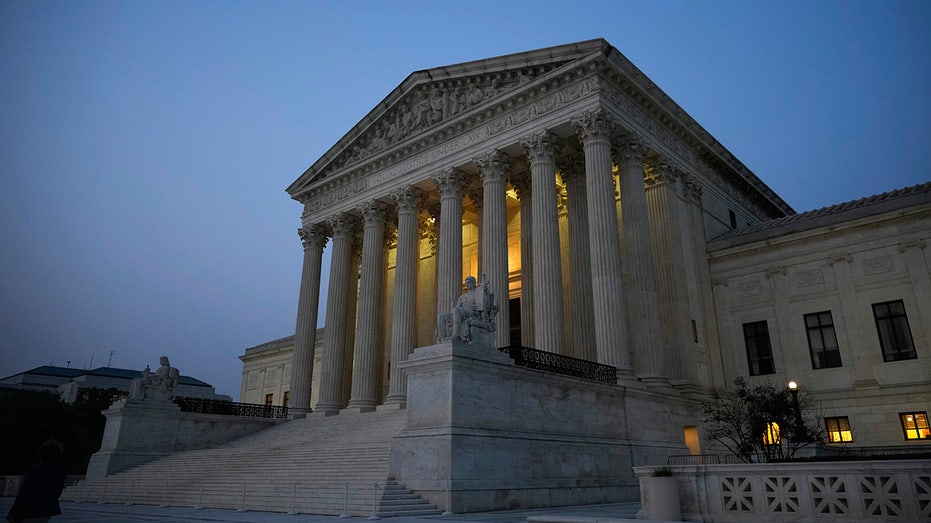New Delhi, April 16: As the Supreme Court gears up to hear a batch of petitions questioning the constitutional validity of the Waqf (Amendment) Act, 2025 today, here’s a comprehensive look at the petitioners and their arguments, as compiled by LiveLaw.in.The Act, passed by Parliament on April 4 and receiving presidential assent the following day, was brought into force on April 8.
The legislation has sparked widespread concern, drawing legal challenges from political leaders, religious institutions, civil rights organizations, and even state governments.Although ten petitions are formally listed before a bench comprising Chief Justice of India Sanjiv Khanna and Justice Sanjay Kumar, over 15 have been filed so far. The key concerns span religious autonomy, minority rights, and procedural fairness in governance of Muslim religious endowments.

Key Provisions Under ChallengeThe petitions broadly contest:• The removal of the ‘waqf by user’ concept• The inclusion of non-Muslim members in the Central and State Waqf Boards• Capping female representation in these bodies to two members• Mandatory five-year practice as a Muslim to create a waqf• Dilution of the waqf-alal-aulad (family waqf) doctrine• Renaming of the original 1995 law to “Unified Waqf Management, Empowerment, Efficiency and Development Act”• Empowering the government to adjudicate encroachment disputes• Application of the Limitation Act to waqf matters• Invalidation of waqfs created over Archaeological Survey of India (ASI)-protected monuments• Prohibition of waqf creation in Scheduled AreasPetitioners argue these changes violate Articles 14, 25, 26, 29, and 300A of the Constitution, which safeguard equality, religious freedom, minority rights, and the right to property.Petitions by MPs and MLAs1. Mohammad Jawed (Congress MP) – Argues the Act imposes restrictions uniquely on Muslim religious trusts, violating principles of equality.
2. Asaduddin Owaisi (AIMIM MP) – Claims the amendments undermine Article 26 protections for Muslim institutions, unlike their counterparts from other faiths.3.
Amanatullah Khan (AAP MLA) – Challenges the Act for infringing on Muslim cultural and religious self-governance.4. Manoj Kumar Jha and Faiyaz Ahmad (RJD MPs) – Contend that the law weakens the waqf governance structure and invites undue state interference.
5. Mahua Moitra (AITC MP) – Alleges procedural violations in passing the legislation, including the Joint Parliamentary Committee’s role.6.
Zia Ur Rehman (SP MP) – Says the Act imposes unreasonable constraints and discriminates against Muslim endowments.7. Sheikh Noorul Hassan (Manipur MLA, NDA ally) – Flags concerns over the law’s impact on Scheduled Tribes who follow Islam.
Religious Institutions and Islamic Organisations1. All India Muslim Personal Law Board (AIMPLB) – Describes the Act as an existential threat to Muslim religious identity.2.
Mohamed Maqsoon Imran (Chief Imam, Jamia Masjid, Bengaluru) – Seeks full restoration of the 1995 Act, alleging democratic erosion in waqf management.3. Arshad Madani (Jamiat Ulema-i-Hind President) – Requests interim relief, warning of irreversible harm to historic waqfs under new digital compliance rules.
4. Samastha Kerala Jamiatul Ulema – Argues the amendments threaten to strip the Muslim community of vast tracts of waqf land.Political Parties Joining the Challenge1.
Yuvajana Sramika Rythu Congress Party (YSRCP)2. Dravida Munnetra Kazhagam (DMK) – Cites constitutional violations affecting 50 lakh Muslims in Tamil Nadu and 20 crore nationwide.3.
Communist Party of India (CPI) – Echoes DMK’s concerns; had earlier supported a resolution in the Tamil Nadu Assembly opposing the bill.4. Indian Union Muslim League (IUML) – Calls the Act an “unconstitutional assault” on Muslim personal and religious autonomy.
5. Tamilaga Vettri Kazhagam (TVK) – Party President and actor Vijay is among the petitioners.Civil Society Petitioners• Association for Protection of Civil Rights• All India Association of JuristsThese groups have emphasized that the law enables disproportionate government control over Muslim institutions and undermines civil liberties.
States Supporting the AmendmentSix states—Assam, Rajasthan, Chhattisgarh, Uttarakhand, Haryana, and Maharashtra—have sought to intervene in support of the amendment. They assert that the law introduces transparency, structural reforms, and institutional accountability, and was shaped through extensive stakeholder consultations.Counter-Petition: Waqf Act Itself Under FireInterestingly, Advocate Hari Shankar Jain has filed a separate petition challenging the very foundation of the Waqf Act, 1995, arguing that it discriminates against non-Muslims—a parallel legal front that adds complexity to the case reports livelw.
inAs the hearings begin, Wednesday, the outcome of these cases could set a significant precedent for how religious endowments are governed in India, particularly in balancing minority rights with state oversight.The post Who Is challenging the Waqf Amendment Act, 2025 in the Supreme Court? Here’s the full list of petitioners appeared first on Greater Kashmir..
Politics

Who Is challenging the Waqf Amendment Act, 2025 in the Supreme Court? Here’s the full list of petitioners

The legislation has sparked widespread concern, drawing legal challenges from political leaders, religious institutions, civil rights organizations, and even state governmentsThe post Who Is challenging the Waqf Amendment Act, 2025 in the Supreme Court? Here’s the full list of petitioners appeared first on Greater Kashmir.















